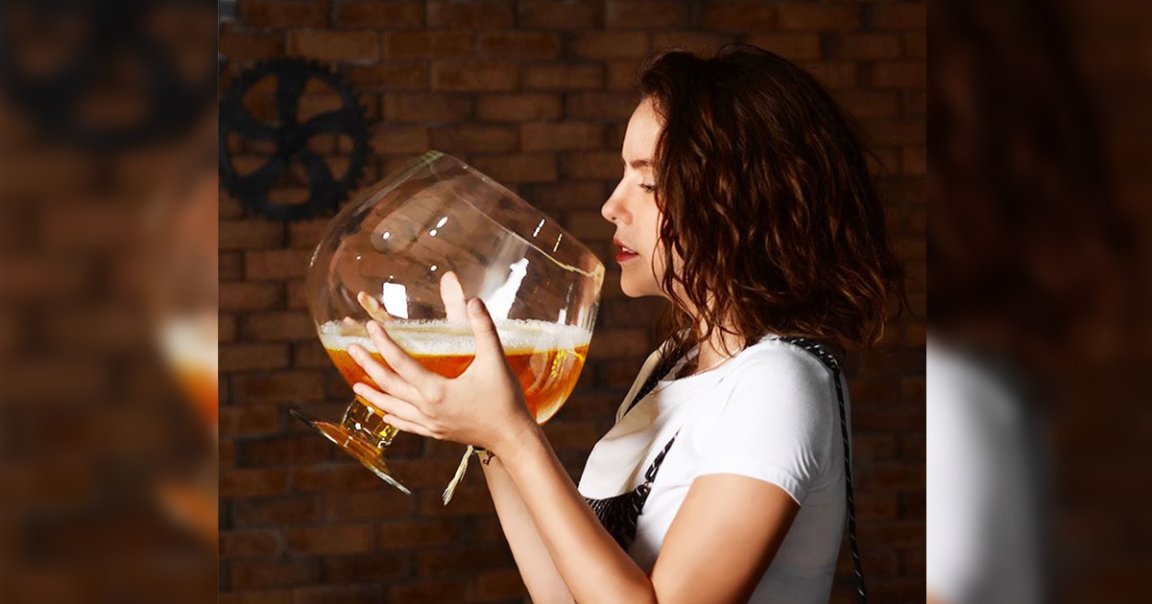
No, alcohol does not kill coronavirus — at least, not like that.
Both news and misinformation about the global COVID-19 outbreak are spreading rapidly — and in their wake are memes.
One of the more prolific examples, appearing to depict CNN lead political anchor Wolf Blitzer, above an altered chyron which reads “Alcohol kills coronavirus.” The image appears frequently on Twitter, where netizens have taken it to extremes of conflating the use of alcohol-based sanitizers and binge drinking.
(And a personal favorite )
Memes of a similar nature have been circulating Reddit for nearly a month, while on TikTok a song which begins “It’s corona time” sets the punchline for jokes about COVID-19.
Needless to say, drinking an extra whiskey won’t do much to fend off a virus, although every cold season humanity collective seems to turn to spirits to fight disease. Though the CDC does recommend a hand sanitizer which is 60 percent alcohol-based for preventing COVID-19 outside the body, getting absolutely smashed, though it may initially alleviate some symptoms, is more likely to leave you hungover than cured.
To diagnose the situation further, these memes are most likely the latest instance of the internet providing an outlet for our collective anxiety. Much like people reacting to the false Hawaii missile alert or the assassination of Qassim Soleimani, those without power are venting anxiety in the form of humor.
Part of the appeal of coronavirus memes is in both the amount and complex nature of information being circulated all at once.
“The public wants to have this nice narrative, they want to understand everything in one story, they want it to be nicely packaged — and unfortunately that’s not the reality we live in,” USC medical education lecturer Sarah Mojarad told the Los Angeles Times.
While some jokes may simply be jokes, others represent a real desire to distill information into a more easily consumable format. Research does suggest that cracking a joke about emotionally distressing topics can help provide a channel through which to cope. But, if taken at face value, a joke can easily become much more harmful.